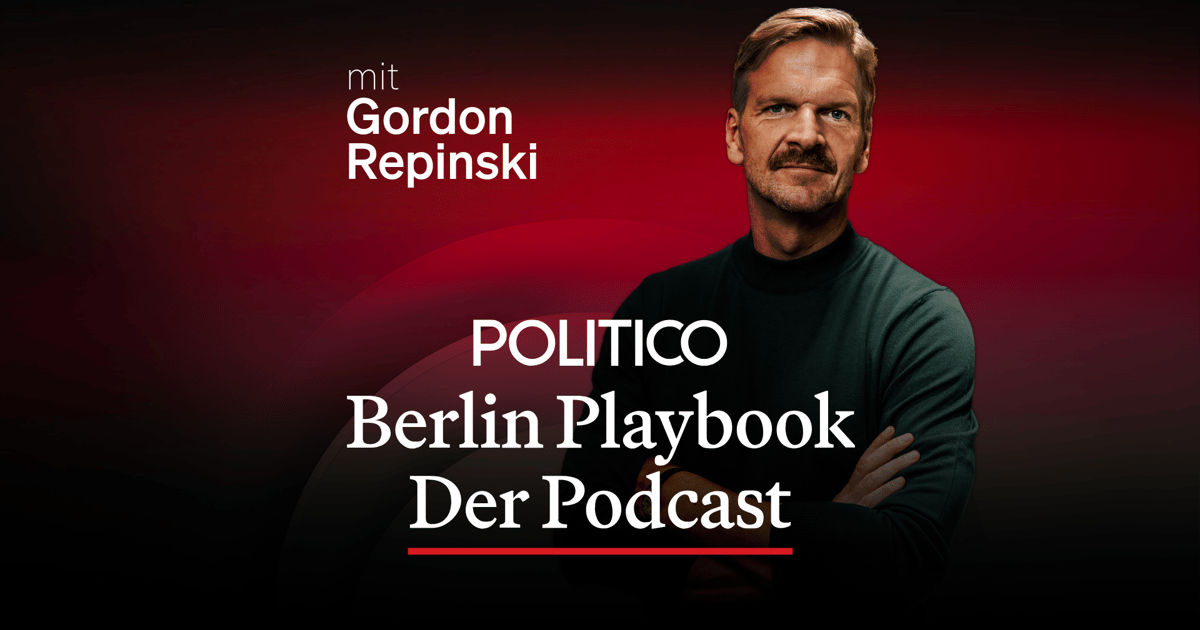

In a week marked by significant developments across several domains, European news coverage highlights a blend of political, economic, and social issues, reflecting the dynamic and multifaceted challenges and opportunities faced by the continent.
In Germany, Defense Minister Boris Pistorius is navigating complex political waters as he seeks to introduce a new military service framework. While Pistorius favors a model based on voluntarism to avoid friction within his Social Democratic Party (SPD), opposition voices in the coalition argue that this approach may not suffice to meet NATO commitments. Thomas Röwekamp, a defense expert from the Christian Democratic Union (CDU), has called for amendments to the legislative proposal to ensure a more robust fulfillment of Germany’s strategic obligations. This debate underscores the intricate balancing act required in aligning national defense policies with international responsibilities, while maintaining political harmony at home.
Meanwhile, Johann Wadephul, Germany’s Foreign Minister, engaged in a contemplative dialogue on the delicate geopolitical climate ahead of his scheduled trip to Israel. He addressed critical issues such as defining clear boundaries with Prime Minister Netanyahu’s government, the ongoing situation in Gaza, and aspirations for achieving a ceasefire. Wadephul also expounded on the nuances of Germany’s diplomatic relationship with the United States, represented by Secretary of State Marco Rubio, emphasizing the significance of coherent international collaboration. This conversation highlighted the interconnectedness of global diplomacy and the importance of open, strategic communication in addressing regional conflicts.
Moving to the Iberian Peninsula, Portugal’s tourism sector continues to be a significant pillar of the country’s economy, contributing a substantial 12% to the national GDP in 2024. This enduring economic contribution affirms tourism as a vital driver of prosperity, showcasing Portugal’s appeal as a premier destination for global travelers. The tourism industry’s growth is not only a testament to the country’s rich cultural heritage and scenic landscapes but also reflects strategic efforts to enhance infrastructure and service quality. These efforts support a sustainable model of economic development that capitalizes on Portugal’s unique attributes to deliver lasting benefits to its citizens.
In local Portuguese politics, the party Chega has made waves with its proposal to establish a wholesale market in Gondomar, aimed at easing traffic congestion on the VCI in Porto. By suggesting the utilization of existing municipal lands owned by Porto, Chega envisions a strategic solution to improve regional transportation logistics. This initiative is indicative of the broader focus on urban development and infrastructure optimization as key components of regional economic policy. The proposal is framed within a broader narrative of enhancing the quality of life for residents through thoughtful urban planning and cross-municipal collaboration.
These stories reflect the diverse array of discourse shaping the European landscape today. From the intricacies of defense and diplomacy to the contributions of tourism and innovative local governance, each narrative thread weaves into the broader tapestry of Europe’s social and economic environment, offering insights into both common challenges and unique regional solutions. Together, these developments underscore the vibrancy and resilience inherent in the European context, as nations navigate an ever-evolving global landscape with mindfulness and strategic foresight.
Source: {link}
